News came in May that the Newark School of Violin Making is withdrawing its degree-level courses. Helen Michetschläger, who trained at the school, says what this might mean for the future of lutherie worldwide
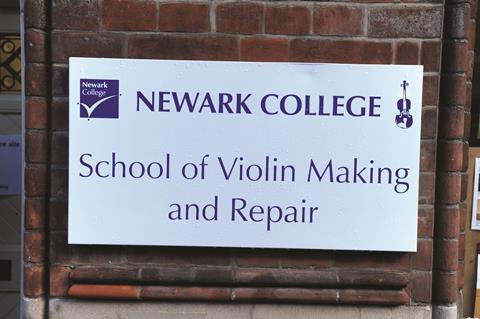
Discover more lutherie articles here
Read more premium content for subscribers here
Violin making has been a success story in the UK since the inception of the Newark School of Violin Making in 1972, capably run by its first director Maurice Bouette. Over more than 50 years, around 900 students have completed the course, the majority finding work in the trade. There can barely be a workshop in the world that doesn’t employ a Newark alumnus. Without Newark, the standard of violin making would not be at the level it is today.
The story of the closure of the degree-level courses at Newark has hit the headlines. While current degree students will be unaffected, from September there will be no new intake on the current courses for violin making and repair, woodwind making and repair, piano tuning or guitar making. Students who are on the foundation course have had their places for September withdrawn, as have others who have been offered a place.
The course was originally run with a light hand under the auspices of Newark Technical College, but an extra layer of administration was added when that institution became a member of the Lincoln College Group.
The first major sign of trouble was in 2017, when Lincoln College’s poor Ofsted inspection rating (the instrument courses were not assessed) caused the student visas of overseas non-EU students to be revoked. After a successful campaign, an exception was made by the UK government for the affected students.
After this, despite opposition from the wider violin making world, the course was hastily changed to degree level, validated by Hull University. The plus side was eligibility for overseas student visas, and that UK/EU students without a degree qualified for student loans to cover the substantially increased fees. The minus was a shift in balance towards written assignments and more bureaucracy.
Then came Brexit. Previously, EU and international students made up about 70 per cent of the numbers. Covid hit at around the same time as the final Brexit settlement removed the favourable conditions for EU students. This double whammy saw enrolments plummet from an average of 20 a year to only 4 a year from 2020–22. Since then, numbers have picked up, with ten or so new students in each of the past two years and an increased number of offers for September 2025. According to Lincoln College, the course is losing money, and they have announced that after the current students complete their course, Hull will no longer provide validation. It is not known who terminated the contract, although if it were Hull, it would be quite possible to find an alternative.
Shaken by the level of opposition to the course closure, at the time of writing Lincoln College seems to be accelerating a move to an unfunded course starting in September, open only to UK students who can pay their own fees and living expenses. While in the short term it may be the only option available, it needs management for the first time to be open to proper engagement with the trade to make it work, rather than to be an excuse for the courses to bleed to death slowly.
The four Newark instrument making courses must continue with a secure future, with decisions made closer to the courses by people who understand them.
Independence is a dream. Degree-level validation seems an unfortunate necessity, but perhaps it might be possible to run a parallel diploma course for students ineligible for government funding, with bursaries paid from a fund generated by those who have benefited so much from the luthiers that Newark has produced? Communication between college management and the trade could be improved by setting up an Advisory Board made up of senior members of the violin making world and professional musicians.
Some of us saw this coming, so in 2023 we produced a booklet – Newark School of Violin Making: The First 50 Years. It is now available to read free of charge at bit.ly/43ymnTc
Read: Postcard from Newark: Newark School Lutherie Day
Read: ‘Save the Newark School’: grassroots campaign launched
Discover more lutherie articles here
Read more premium content for subscribers here
The number one source for playing and teaching books, guides, CDs, calendars and back issues of the magazine.
In The Best of Technique you’ll discover the top playing tips of the world’s leading string players and teachers. It’s packed full of exercises for students, plus examples from the standard repertoire to show you how to integrate the technique into your playing.
In the second volume of The Strad’s Masterclass series, soloists including James Ehnes, Jennifer Koh, Philippe Graffin, Daniel Hope and Arabella Steinbacher give their thoughts on some of the greatest works in the string repertoire. Each has annotated the sheet music with their own bowings, fingerings and comments.
The Canada Council of the Arts’ Musical Instrument Bank is 40 years old in 2025. This year’s calendar celebrates some its treasures, including four instruments by Antonio Stradivari and priceless works by Montagnana, Gagliano, Pressenda and David Tecchler.

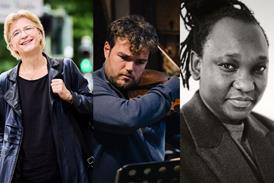

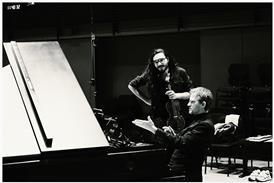
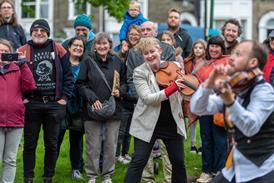
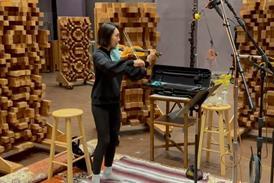


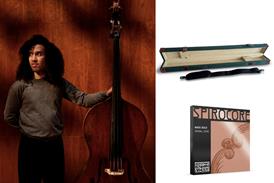

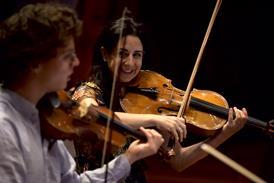
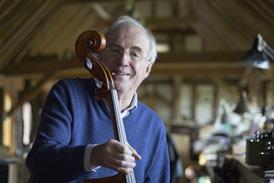
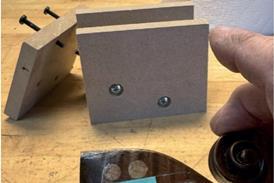
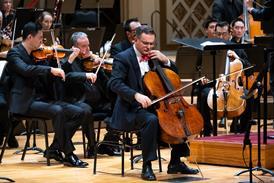
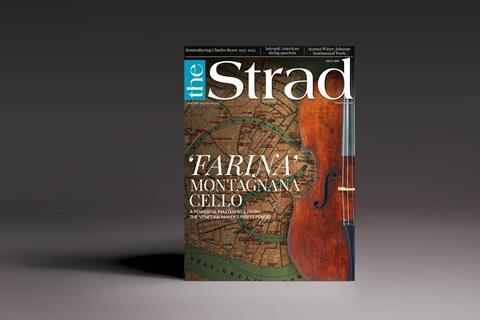




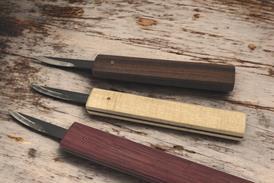
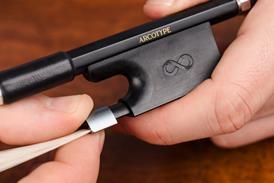
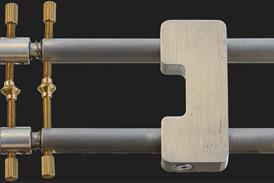















No comments yet